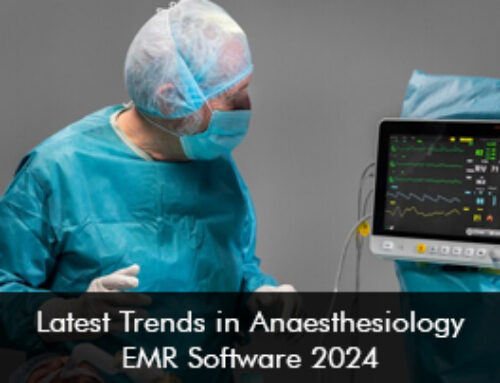Researchers from the University of Florida (UF) are making use of the funding from the school to assist in resolving the continuing COVID-19 pandemic. $3.7 million in funding will be used to track coronavirus variants with the creation of an artificial intelligence (AI) algorithm.
The COVID-19 pandemic
All around the world, the COVID-19 pandemic has become a never-ending challenge as new variants keep taking over as the previous ones die down. This is making the whole trend of the pandemic unpredictable and healthcare professionals and researchers want to dig deeper into the pandemic which has gripped the entire world over the past two years. The virus is always one step ahead, and whenever it feels like it’s under control a new wave takes over which is more severe and contagious.
Using AI to predict new variants
The research team is all geared up to create an AI algorithm to track the virus and calculate new variants with precision. Publicly available global data will be leveraged to train the AI algorithm on the genetic structure of the virus. According to theory, it will be able to detect a new variant which can be tested to determine if it attacks the cells rapidly or can resist antibodies.
This way preventive measures can be taken to protect people at large. By using AI to track new variants it could be known immediately if the new variant is dangerous or mild. Furthermore, the algorithm can also be used to predict COVID-19 outcomes in both the long and short term.
Applications of Artificial Intelligence to detect COVID-19
The usage of AI in COVID-19 detection and diagnosis is becoming a frequent practice. For example, in May 2022 researchers developed a tool that used free text data from Electronic Medical Records (EMR) Software systems to detect coronavirus symptoms.
In August, researchers at Stanford Medicine made use of Komodo Health’s data analytics application to review the probable health outcomes of COVID-19. The data revealed will later be integrated into technology solutions to provide insights to providers to assist in addressing the pandemic.







